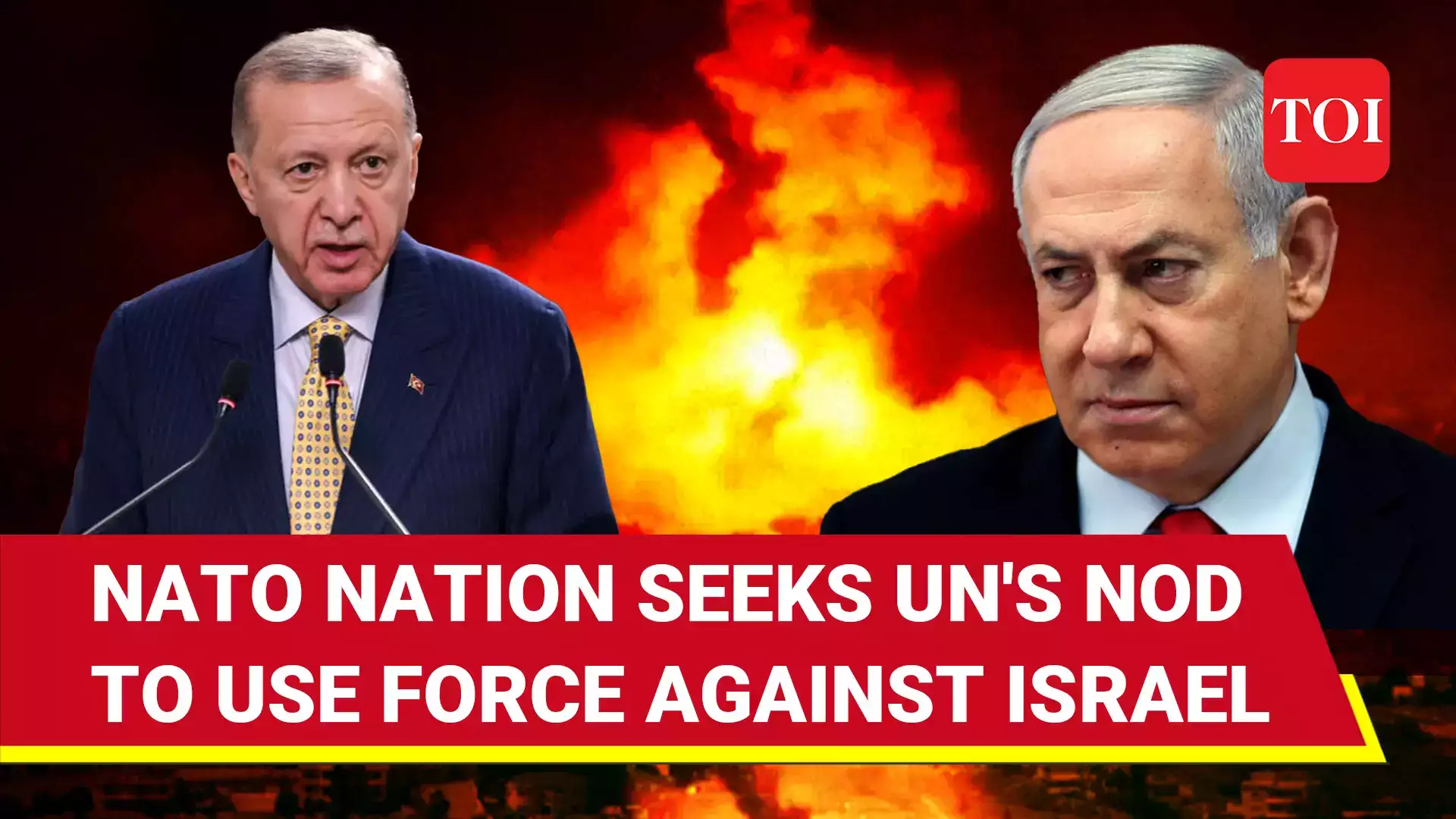 |
|
The recent escalation of violence in the Middle East has sparked international condemnation and calls for de-escalation. In a fiery speech, Turkish President Recep Tayyip Erdogan denounced Israel's attacks on Palestine and Lebanon, urging the United Nations to take decisive action to halt the bloodshed.
Erdogan's call for the use of force against Israel, if necessary, is a significant escalation in rhetoric. He invoked a 1950 UN resolution that allows for collective action to counter aggression. His statement indicates that Turkey believes the current situation warrants forceful intervention.
The Turkish president's remarks are a reflection of the growing international pressure on Israel to cease its military operations. Many countries, including Turkey, have expressed deep concern over the civilian casualties in Gaza and Lebanon. The calls for a ceasefire have intensified in recent days, with the United States, Europe, and the Arab world all calling for de-escalation.
However, Israel has defended its actions, arguing that it is targeting Hamas and Hezbollah military infrastructure in response to rocket attacks launched from Gaza and Lebanon. The Israeli government has also accused the UN of being biased against Israel and has resisted calls for a ceasefire without guarantees for its security.
The international community is now facing a complex and delicate situation. On one hand, there is a pressing need to stop the violence and protect civilians. On the other hand, any intervention must be carefully considered to avoid further escalation and unintended consequences. The coming days will be crucial in determining the course of this conflict and whether diplomacy can prevail.
It is essential to note that this is a complex geopolitical issue with a long and contentious history. The current conflict is deeply rooted in territorial disputes, religious beliefs, and historical grievances. Finding a lasting solution will require a commitment to dialogue, compromise, and a shared vision for peace and stability in the region.
The situation demands a multifaceted approach that includes humanitarian aid, diplomatic efforts, and a commitment to addressing the underlying causes of conflict. Ultimately, a lasting solution can only be achieved through a genuine and inclusive peace process that addresses the needs and concerns of all parties involved.
Source: 'Time To Use Force Against Israel': NATO Nation's Plea To UN As IDF Raids Lebanon
